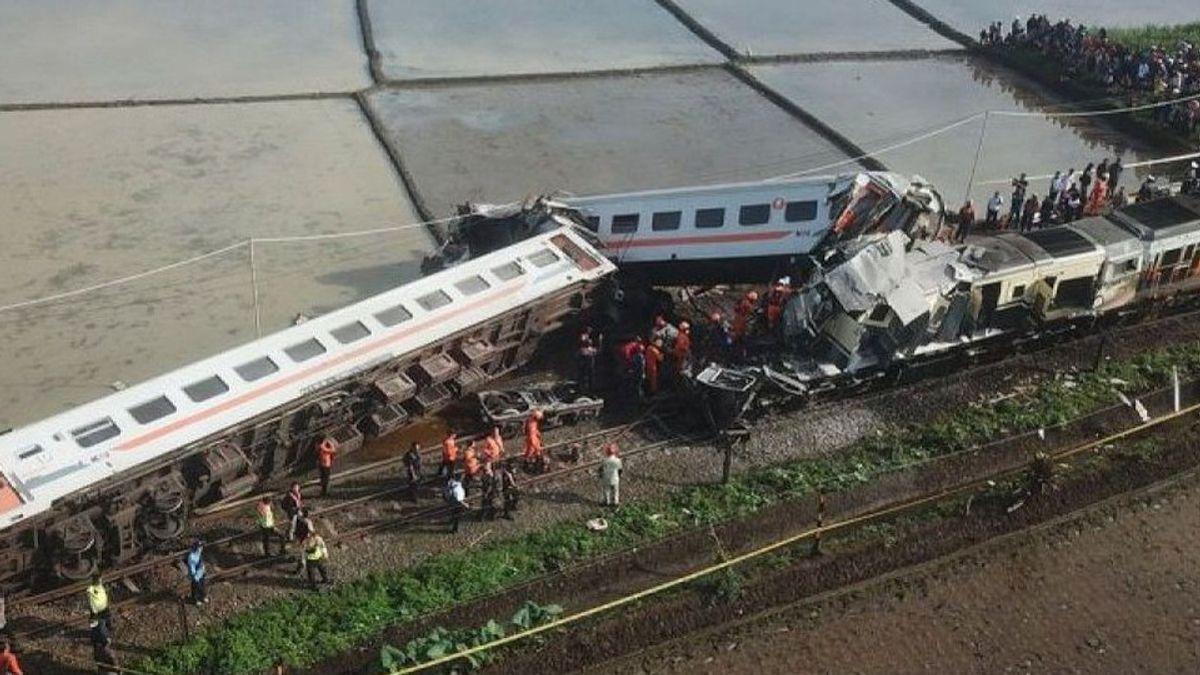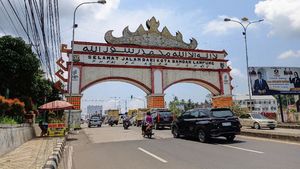
The accident between Turangga Train and the Commuter Line in Bandung on January 5, 2024, not only harmed train operations, but also claimed lives and injured passengers. This tragedy opened a discussion about railway safety in Indonesia, with a focus on regulating train operation patterns.
The collision occurred on the Cicalengka route, resulting in a tense moment when TKA Turangga and Commuter Line bullfighted. The violent impact caused several passengers to be thrown in the carriage, resulting in 4 deaths and 37 injuries. This incident left deep wounds in people's minds, questioning the safety of train travel.
The importance of regulating train operating patterns has not only become a concern after this incident, but has been in the spotlight for a long time. A study from Gadjah Mada University (UGM) shows the need to improve train traffic management, especially to support double track operations such as the Bandung-Cibatu route.
Seeing the 1987 Bintaro tragedy should be a reminder of the importance of enforcing strict safety standards. However, the case of the Turangga Train and Greater Bandung Commuter Line shows the need for a comprehensive evaluation of safety policies and implementation in the Indonesian railway sector.
In an effort to achieve operational efficiency, the urgency of passenger safety must not be ignored. Train accidents are not just statistics, but real stories that leave deep wounds on the families of the victims. Positive changes in train operational arrangements must be realized, not only as a post-accident response, but also as a serious prevention effort.
Indonesia, with a sad history of train accidents, must continue to be committed to optimizing the railway safety system. Through thorough evaluation, concrete improvements, and strict enforcement of safety standards, the 2024 Turangga Train tragedy should be a trigger for positive change in the railway sector.
In this context, the active role of related parties, including the Ministry of Transportation, train operators and the community, is very important. Strict supervision of policies governing operating patterns, implementation of safety standards, and educating the public about safe behavior when using trains are steps that must be taken to prevent similar incidents in the future.
Long-term solutions need to be considered to improve railway infrastructure and optimize operating patterns. An in-depth study of double track operations and the implementation of modern technology to improve the safety of train travel can be strategic steps.
The Turangga and Commuter Line TKA accident in Bandung became a critical point that required a quick response and preventive action. Passenger and crew safety must be a top priority in regulating train operation patterns in Indonesia.
Through thorough evaluation, concrete improvements, and strict enforcement of safety standards, we can avoid similar tragedies and create safe and comfortable rail travel for all.
Even though the Ministry of Transportation (Kemenhub) has apologized regarding this incident, and PT Kereta Api Indonesia (KAI) is covering the educational costs for the children of the victims of the Turangga - Bandung Raya Train accident in Cicalengka, Bandung Regency, until their education is complete, this cannot return lives lost or easing the suffering of the victim's family. Officials who have the authority to handle railway matters, the Director General of Railways and the Managing Director of KAI must also be held accountable and receive strict sanctions. If necessary, remove it.
The English, Chinese, Japanese, Arabic, and French versions are automatically generated by the AI. So there may still be inaccuracies in translating, please always see Indonesian as our main language. (system supported by DigitalSiber.id)












